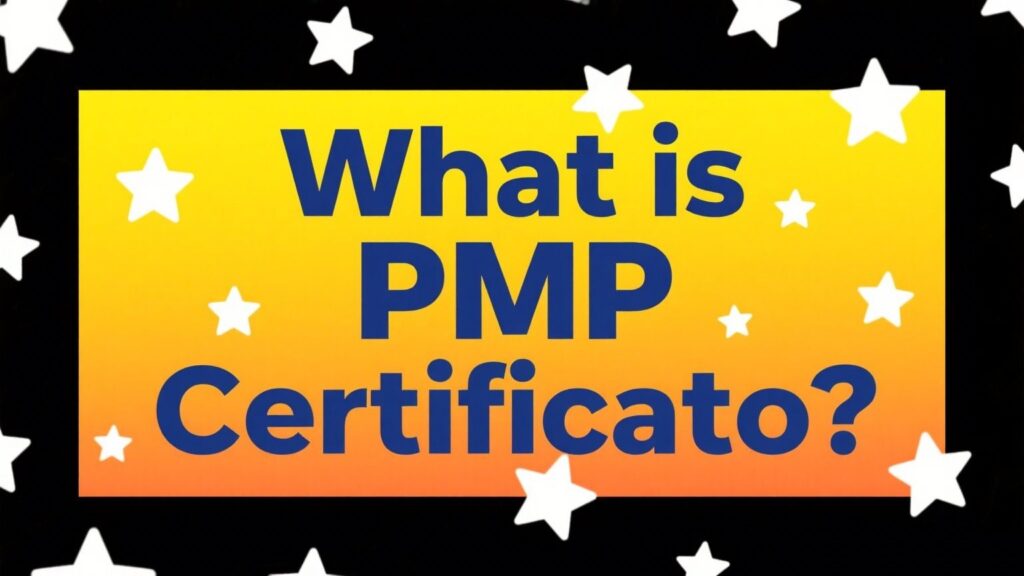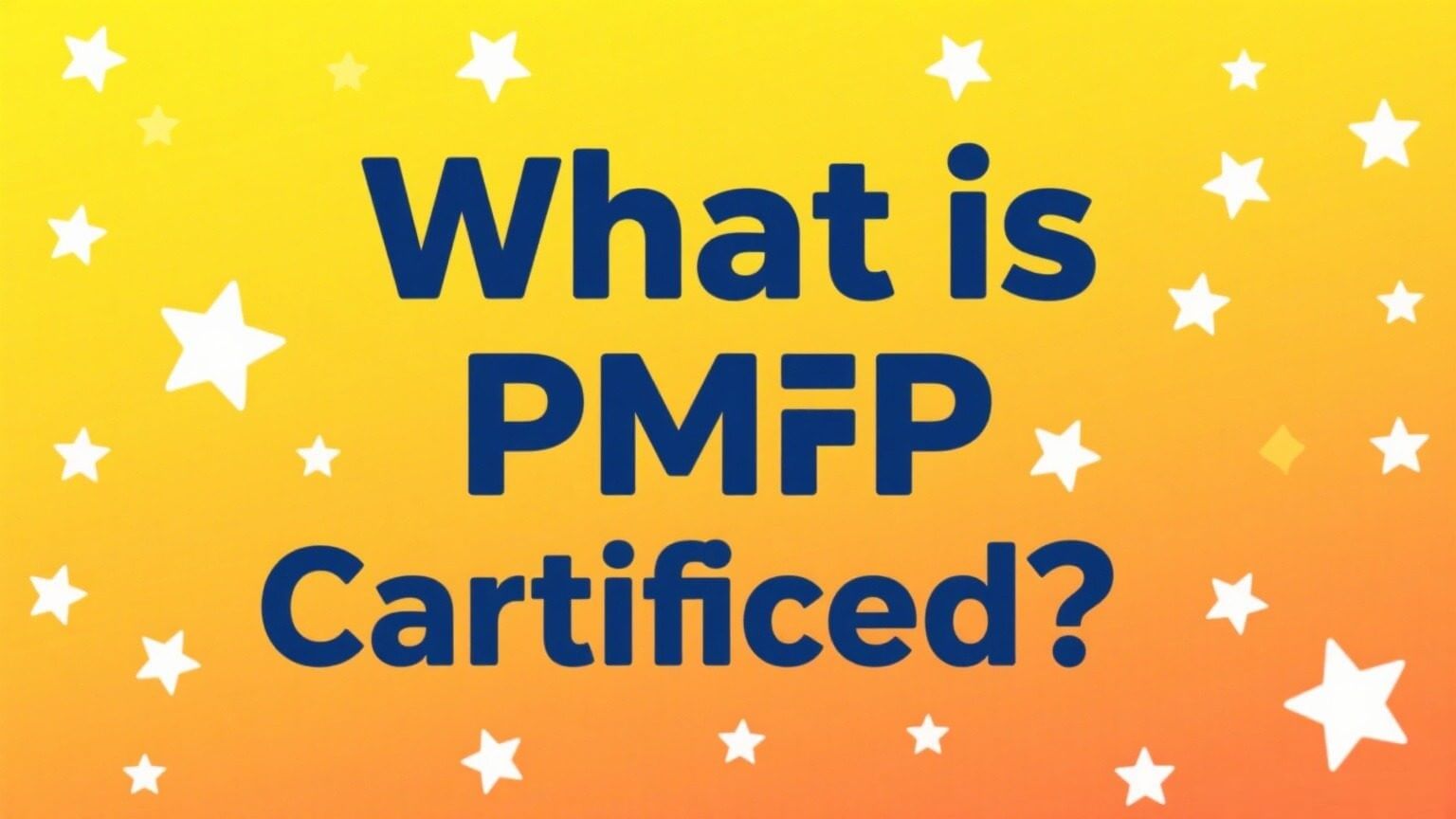What is PMP certification? How important is it for career development in the United States?
The Project Management Professional (PMP) certification is a global professional qualification issued by the Project Management Institute (PMI). It is based on the PMBOK knowledge system and covers the entire project management process, and has been incorporated into numerous industry standards. In the United States, PMP certification is widely recognized in the field of project management and is applicable to multiple industries such as IT, manufacturing, and engineering. For professionals, it is an important indicator of professional competence. Whether for job hunting or career development, the PMP certification provides strong support for professional advancement in the United States and serves as an important standard for many companies when evaluating project management talent.
Career Development Advantages of PMP Certification in the U.S. Workplace
Enhancing Professional Recognition
Some U.S. companies list PMP certification as one of the screening criteria when hiring project managers. This is because the skills covered by the certification, such as project risk management and resource allocation, are important requirements for companies when conducting projects. Having PMP certification allows you to clearly demonstrate to employers that you have systematic project management knowledge and skills, making you stand out among many job seekers. When collaborating across departments or participating in important projects, the professional opinions of certified individuals are more likely to be recognized by teams and superiors.
Salary Competitiveness Reference
According to U.S. industry research data, the salary levels of PMP-certified individuals are typically higher than the team average. Of course, specific salaries are influenced by factors such as individual experience, industry, and company size. In high-value-added industries such as the internet and finance, senior project management positions in the U.S. offer significant salary potential, and PMP certification is often a key factor in securing these high-paying roles. For professionals with some work experience, PMP certification can serve as a strong bargaining chip during salary negotiations.

Career Path Expansion
The cross-industry applicability of the PMP knowledge framework enables certified professionals in the U.S. to transition into emerging fields such as renewable energy and healthcare while assuming project management responsibilities. In U.S. companies, holding a PMP certification facilitates promotion to managerial roles, participation in core project decision-making, and expanded career development opportunities. Even within the same company, certified professionals are more likely to be assigned to more challenging and promising projects.
Resume Enhancement
For U.S. job seekers lacking experience in large-scale projects, PMP certification can serve as supplementary proof of professional competence, addressing gaps in their resumes. During interviews, certified professionals can demonstrate their problem-solving approaches using project management tools (such as WBS and critical path method), enabling employers to better understand their professional capabilities. This effectively enhances the value of their resumes in the highly competitive U.S. job market.
Benefits for PMP-certified individuals in the U.S.
Corporate Support Measures
Some U.S. companies provide learning subsidies for certified employees to encourage them to continuously enhance their professional capabilities. Others prioritize certified individuals for advanced training programs, such as agile project management courses. During internal promotions or key project assignments, PMP-certified individuals may receive more opportunities. Companies believe they can better manage project processes and improve project success rates. These support measures not only facilitate personal growth for employees but also contribute to more efficient project management outcomes for companies.
Policy resource allocation
In some regions of the United States, PMP certification may be included in vocational skills improvement subsidy programs. Specific details can be verified through local government policies. In certain cities, professional qualification certificates may be eligible for additional points in points-based residency policies, and PMP certification holders may also benefit from such policies. Understanding and utilizing these policy resources can bring tangible benefits to certification holders.
Global Recognition Value
The PMP certification is recognized in multiple countries worldwide, making it particularly suitable for those working in foreign enterprises or cross-border projects in the United States. Certification holders can participate in international industry exchange activities through the PMI platform, expand their professional horizons, and stay informed about the latest trends in global project management. This is a valuable resource for those seeking international career development in the U.S. workplace.
Continuing Education Support
To maintain the validity of the PMP certification, certified professionals must complete 60 PDUs (Professional Development Units) every three years. Some U.S. companies support employees in participating in related learning programs, providing them with time and financial assistance. PDU courses cover cutting-edge fields such as digital transformation and risk management, helping certified professionals update their knowledge structures, keep pace with industry developments, and better adapt to changes in the U.S. workplace.
How to leverage the value of PMP certification in the U.S.?
Integrating theory with practice
Apply the methodologies outlined in the PMBOK Guide to real-world projects in the U.S. and accumulate verifiable case outcomes. Only through practical application can theoretical knowledge truly demonstrate its value and reflect the worth of PMP certification. During project execution, continuously summarize experiences, optimize management methods, and enhance your project management capabilities through practical application.
Expand industry resources
Through PMI official events or U.S. professional communities, exchange experiences with peers and gain potential career opportunities. In the U.S., industry resources are crucial for career development, and a strong network can lead to more collaboration and growth opportunities. Actively participate in industry seminars, forums, and other events to enhance your visibility and influence within the industry.
Deepening professional capabilities
Based on your career direction in the United States, selectively pursue additional certifications such as Agile Management (ACP) or Product Management (NPDP). These certifications complement the PMP, making your professional capabilities more comprehensive. Continuously learn new project management tools and technologies to adapt to different project requirements and enhance your professional competitiveness.
Focus on corporate needs
Prioritize U.S. companies that prioritize the development of project management systems to fully leverage the career benefits of the PMP certification. In such companies, the value of project management is better recognized, and certified professionals can access more development opportunities. Understand the company’s project management needs and culture, adjust your work style to better integrate into the team, and create value for the company.
